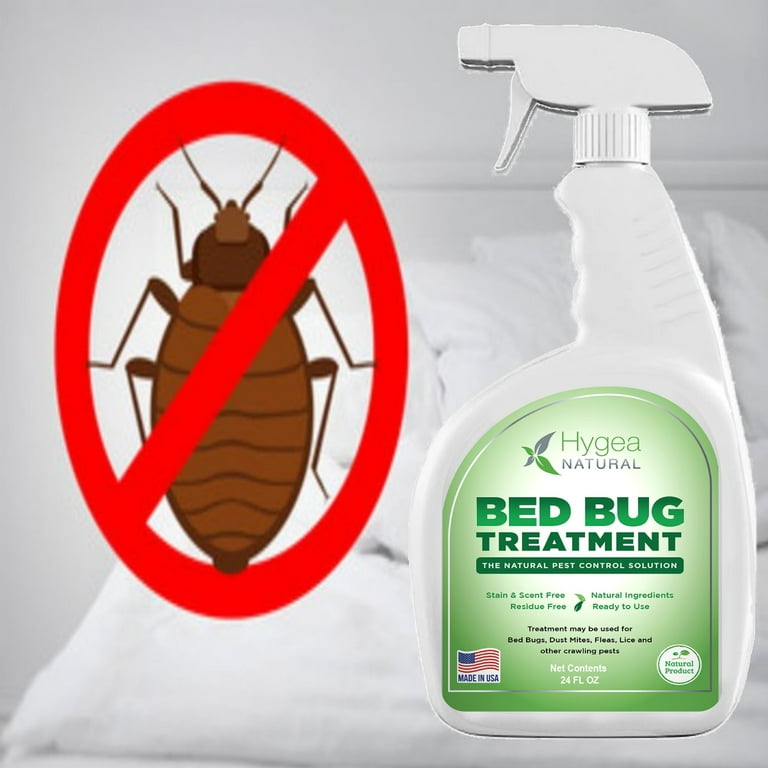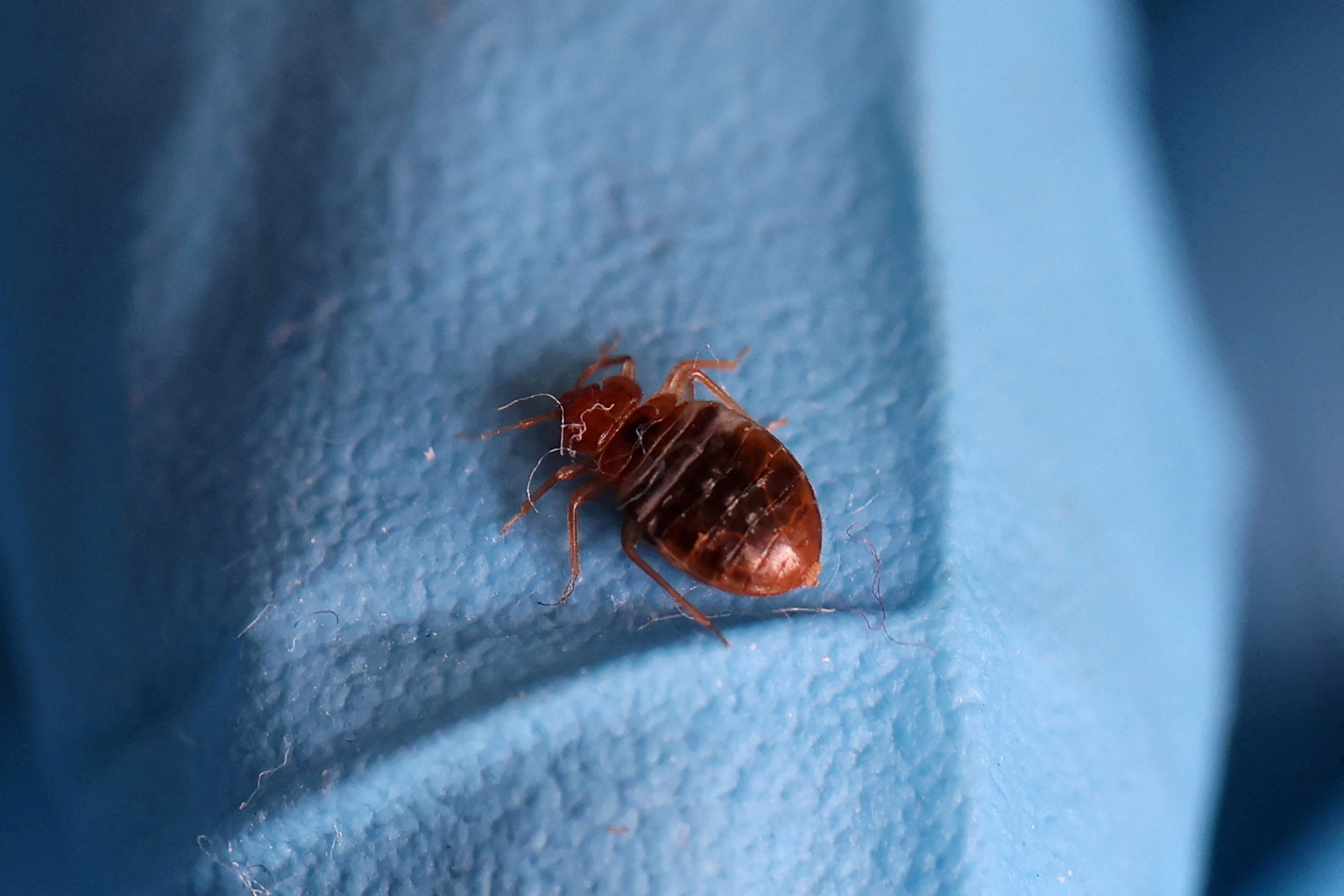Kings Cincinnati Bug Control Companies: Reliable Services
Wiki Article
A Breakdown of the Different Kinds Of Parasite Control Solutions
In the world of insect control, a wide range of techniques exist to resolve and battle the existence of unwanted creatures. As we navigate via the diverse landscape of bug control services, comprehending the complexities of each technique becomes critical in identifying the most effective course of action.Chemical Pesticides
Chemical chemicals are commonly utilized in pest control to properly get rid of a vast array of bugs and other bugs. These chemicals function by targeting the worried system of the bugs, interrupting their normal features, and inevitably leading to their death. Making use of chemical pesticides has actually been a staple in the parasite control market for decades as a result of their efficiency and quick results.
However, it is vital to utilize chemical pesticides with caution due to their prospective damaging effects on the environment and non-target varieties. Incorrect application or overuse of these chemicals can bring about air pollution, harm to useful insects, and resistance growth in bug populations. It is important to adhere to safety and security guidelines and guidelines when making use of chemical pesticides for insect control.
Biological Control Techniques
Thinking about the possible ecological effects and risks connected with chemical pesticides, organic control techniques supply a more sustainable approach to taking care of insect populaces. Organic control includes using natural enemies, such as pathogens, parasites, and predators, to suppress pest populaces. This approach is frequently much more targeted, impacting only the certain pest species while lessening damage to advantageous insects, human beings, and the atmosphere.

When developed, natural enemies can help control pest populaces continuously without the demand for duplicated applications of chemicals. Furthermore, biological control is frequently much more economical and can help minimize pesticide resistance in parasite populaces over time.

Mechanical Bug Control
Mechanical pest control entails the physical control or removal of insects to handle their populations properly. This method is usually utilized together with various other insect control methods for thorough insect administration. One typical example of mechanical parasite control is utilizing traps to record insects or rodents. These catches can be established in tactical locations where parasites are recognized to dwell, assisting to decrease their numbers.
An additional mechanical strategy is using obstacles such as nets, displays, or fences to block insects from entering certain areas. By literally protecting against bugs from accessing a location, the probability of problems or damages can be significantly reduced. Additionally, hand-operated approaches like handpicking bugs off structures or plants can be efficient for smaller-scale infestations.
While mechanical parasite control methods can be labor-intensive, they use a non-chemical option that can be environmentally pleasant and sustainable. By targeting pests straight, mechanical control methods can help keep pest here populations in check without depending on chemicals.
All-natural Solutions
Making use of natural treatments for insect control offers a environmentally friendly and sustainable strategy to handling insect populations without resorting to chemical treatments. Natural solutions include using materials obtained from plants, minerals, or various other naturally occurring resources to prevent or remove pests. As an example, growing particular herbs like basil, mint, or lavender around your property can ward off bugs as a result of their solid fragrances. Diatomaceous earth, a powder made from fossilized algae, can be used to deal with parasites like ants, cockroaches, and bed bugs by dehydrating their exoskeletons.In addition, important oils such as tea tree oil or neem oil have insecticidal properties that can efficiently control insects while being safe for the environment. An additional natural remedy is presenting beneficial pests like ladybugs or praying mantises to your garden to exploit harmful insects. By including these natural options right into bug administration techniques, people can minimize their dependence on artificial chemicals and advertise a healthier, much more balanced community.
Integrated Bug Management
Integrated Insect Management (IPM) is a comprehensive method that combines various strategies to properly regulate pest populaces while decreasing dangers to human health and wellness and the atmosphere. IPM involves the assimilation of multiple pest control methods such as organic control, environment control, alteration of cultural methods, and making use of resistant crop varieties. By utilizing a combination of these strategies, IPM intends to reduce dependence on chemical pesticides, which can have negative influence on communities and human health and wellness.One key element of IPM is the focus on avoidance. By executing procedures to avoid bug infestations before they occur, such as maintaining appropriate sanitation and sealing entry factors, the demand for reactive pest control measures is decreased. Surveillance and routine assessments play an important duty in IPM, allowing for very early detection of pest issues and punctual treatment.
Conclusion
In conclusion, the different types of insect control services supply a range of options for efficiently handling insect problems. Organic control methods make use of natural predators to control pests. Integrated Pest Monitoring integrates multiple methods for an all natural strategy to pest control.Chemical chemicals are typically utilized in insect control to successfully remove a broad array of insects and various other insects.Mechanical bug control involves the physical adjustment or elimination of insects to handle their populaces efficiently (Kings pest control services Cincinnati oh).Using natural treatments for pest control supplies a sustainable and green strategy to handling bug populations without resorting read the article to chemical interventions.Integrated Pest Monitoring this article (IPM) is a detailed strategy that combines different strategies to properly manage pest populations while decreasing dangers to human wellness and the setting.In conclusion, the numerous types of pest control services offer a variety of alternatives for effectively managing parasite invasions
Report this wiki page